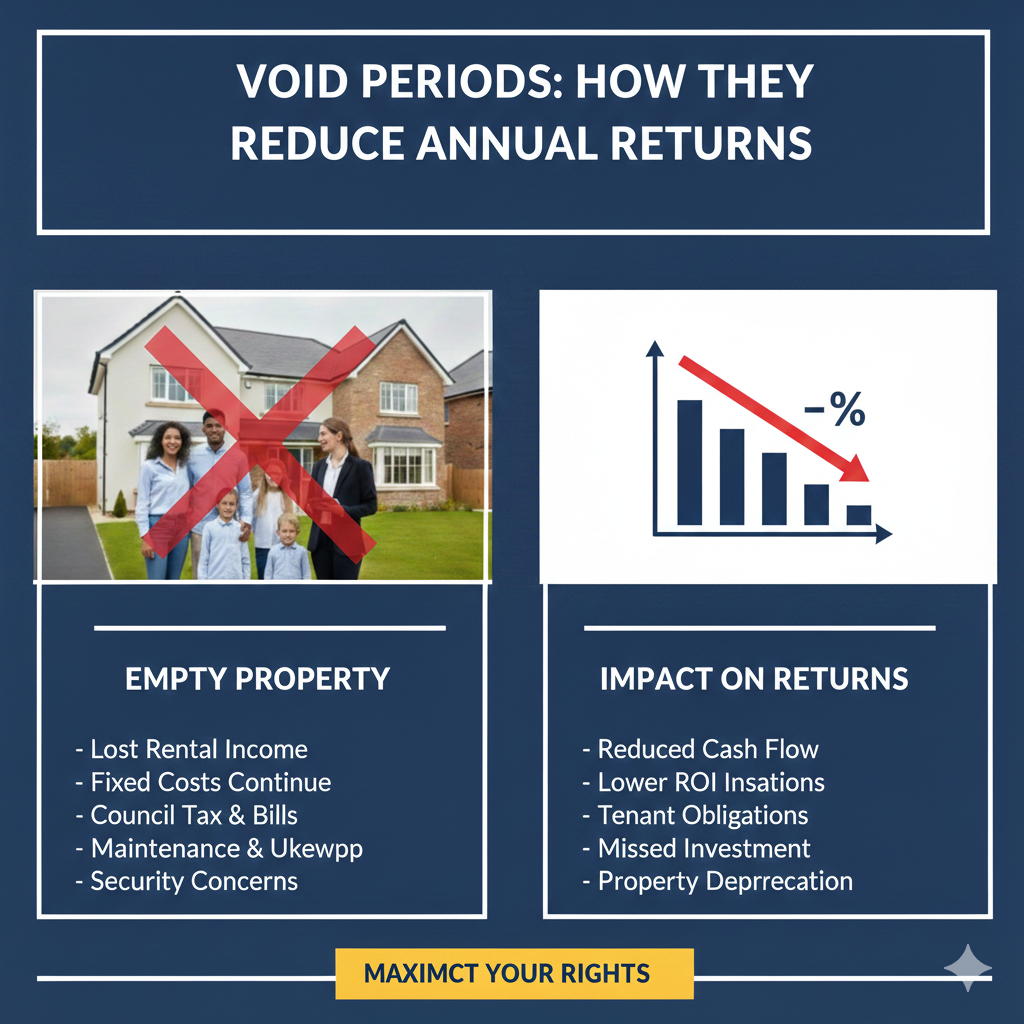
TL;DR
Dealing with problem tenants can be challenging for landlords in the UK. This guide offers practical strategies for managing tenant disputes, addressing payment delays, and taking legal action if necessary, helping landlords protect their rental income and maintain peace of mind.
What’s in This Article:
- How to Manage Problem Tenants Effectively in the UK
- Common Issues Landlords Face with Problem Tenants
- Late Rent Payments
- Property Damage
- Antisocial Behaviour
- Practical Strategies for Handling Problem Tenants
- Clear Communication
- Documenting Issues
- Mediation Options
- Legal Solutions for Dealing with Tenant Disputes
- Serving Notices
- Using the Small Claims Court
- Seeking Legal Advice
How to Manage Problem Tenants Effectively in the UK
Problem tenants can create stress, financial strain, and potential legal complications for landlords. From late rent payments to property damage, it’s crucial to have a plan in place to address these challenges effectively.
This guide provides practical strategies for handling problem tenants while maintaining compliance with UK laws and protecting your investment.

Common Issues Landlords Face with Problem Tenants
Many landlords encounter recurring challenges with tenants, some of which require immediate attention to avoid long-term problems.
Late Rent Payments
Consistently late payments can disrupt your cash flow and lead to missed mortgage deadlines. It’s important to address payment issues promptly while maintaining professionalism.
Tip: Introduce automated reminders or offer online payment options to simplify the process for tenants.
Property Damage
While wear and tear is expected, deliberate or careless damage to your property is a serious issue. Tenants should be held accountable for repairs caused by neglect or misconduct.
Antisocial Behaviour
Reports of antisocial behaviour, such as excessive noise or illegal activities, can strain relationships with neighbours and harm your property’s reputation.
Solution: Establish clear rules in the tenancy agreement to set expectations for behaviour.
Guaranteed Rent Programme – Learn how Citywide Housing ensures reliable tenant management.

Practical Strategies for Handling Problem Tenants
Addressing problem tenants requires a proactive approach and effective communication.
Clear Communication
Start by discussing concerns openly with your tenant. A polite but firm conversation can resolve many misunderstandings before they escalate.
Documenting Issues
Keep detailed records of tenant behaviour, payment delays, or property damage. This documentation is invaluable if legal action becomes necessary.
Mediation Options
Consider third-party mediation to resolve disputes without resorting to legal action. Mediation can help both parties reach an agreement amicably.
Legal Solutions for Dealing with Tenant Disputes
When informal efforts fail, landlords may need to explore legal options to protect their rights.
Serving Notices
If a tenant breaches their agreement, serve the appropriate notice. Common notices include:
- Section 8 Notice: For rent arrears or breach of terms.
- Section 21 Notice: To regain possession of your property at the end of a fixed-term tenancy.
Using the Small Claims Court
For unpaid rent or repair costs, landlords can file a claim in the Small Claims Court. Ensure you have all necessary documentation to support your case.
Seeking Legal Advice
If disputes escalate, consult a legal expert who specialises in landlord-tenant law. They can guide you through complex cases and help protect your investment.
FAQs About Managing Problem Tenants in the UK
Eviction requires following strict legal procedures in the UK, such as serving the correct notices and applying to the court if necessary.
Screen tenants thoroughly before signing a tenancy agreement and ensure the agreement clearly outlines rules and responsibilities.
Landlords are not directly liable for tenant actions but must address complaints, especially if they affect neighbours or breach tenancy agreements.
Proactive Tenant Management Protects Your Property
Handling problem tenants is part of being a landlord, but with clear strategies and legal knowledge, you can minimise risks and maintain peace of mind.
Citywide Housing offers expert property management services, ensuring tenant issues are resolved professionally while protecting your income.
Contact Us Today – Discover how we can simplify tenant management for landlords.
Share
Latest posts


The Benefits of Choosing a Guaranteed Rent Scheme

How a Rent Guarantee Scheme Protects Your Rental Income

Essential Landlord Tips for Managing Properties Effectively
Did you enjoyed this article?
Join our email mailing list to receive weekly tips, industry insights + more.
Discover Relevant Articles and Resources

HMO landlords in 2026: why this year is a turning point
TL;DR HMO landlords face tighter regulation, higher compliance costs, and increased scrutiny in

Void periods: how they reduce annual returns
TL;DR Void periods directly reduce annual rental returns. Even short gaps between tenancies

Long-term leases: do landlords lose control?
TL;DR Long-term leases do not remove ownership control. Instead, they transfer day-to-day management
Ready to Secure Your Guaranteed Rent?
Fill out the form for a free consultation call and let us take care of your property, hassle-free.
